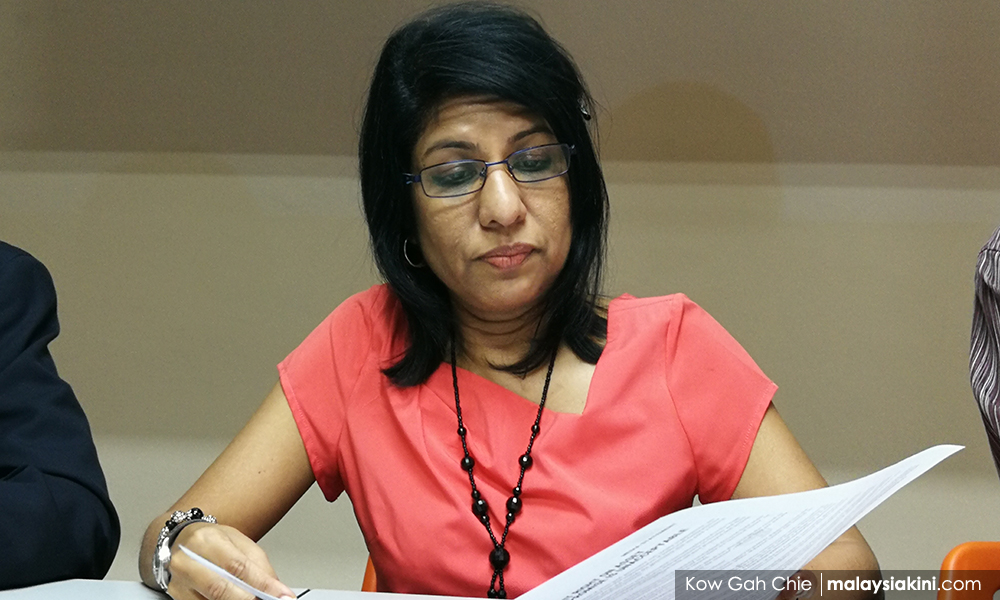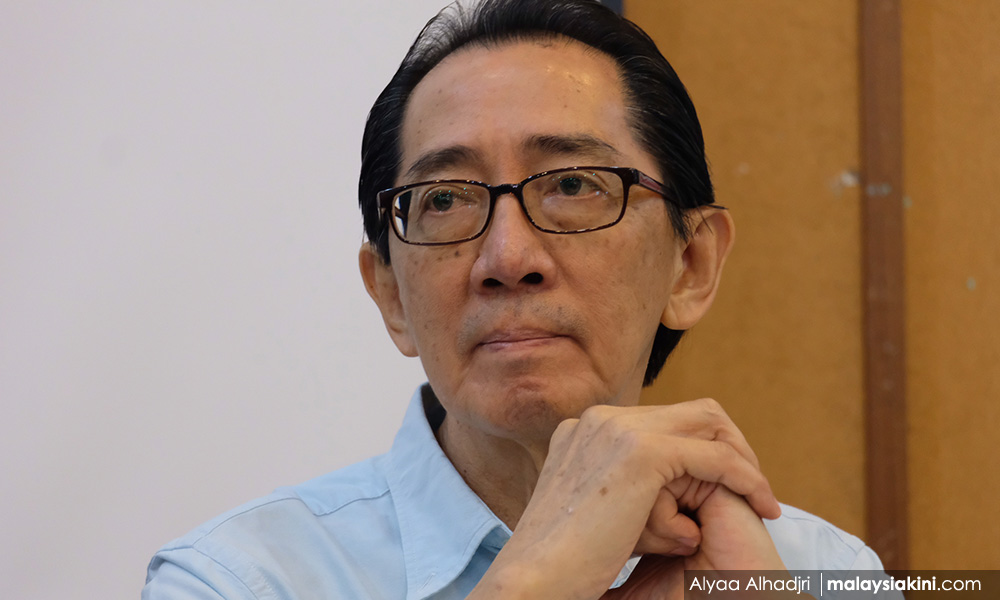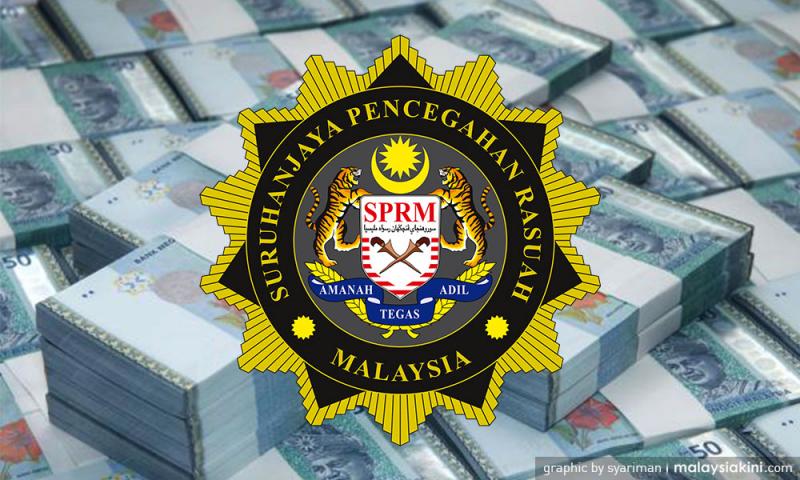Wither the corruption battle in 2020?
COMMENT | New Year, new decade. If there is one resolution that the nation should strive for in the 2020s, it’s to go clean. Now is the time for the nation to make a fresh, clean start.
In the last decade, the country sank to abysmal depths of dirty. 1MDB, one of the world’s worst financial scandals, brought us global fame and shame, as well as some RM40 billion of debt. But we’ve been bleeding billions elsewhere too.
The bailouts of Tabung Haji and Felda cost a cool RM24 billion while the potential loss from the Port Klang Free Zone scandal could be RM12.5 billion. A decade or so ago, Felda’s average cash balance was RM2.5 billion; in May 2018, it was a mere RM35 million. There was also the “Cowgate”, Scorpene and Mara property scandals.
In 2017 alone, the nation lost RM47 billion due to corruption, Deputy Prime Minister Dr Wan Azizah Wan Ismail said in 2018 in media reports. Similar amounts were lost in the four years previously.
“What can we do with RM47 billion? It is more than we spend on education and is almost double the amount spent on healthcare in 2017,” she was quoted as saying then. “Imagine what we could do if we had access to these funds.”
More corruption cases continue to be uncovered. Investigations of the Defence Ministry have revealed missing helicopters and 16 land swap deals. This pervasive and institutional rot threatens to block progress in every area – from restoring the economy to mitigating climate change.
Some progress has been made in the last two years. The country took an important first step in electing a government that promised to clean house. But has the government kept its promise?
“Yes and no,” said Cynthia Gabriel, director of the Centre to Combat Corruption and Cronyism (C4) which closely tracks progress in this area.

There has been some significant forward movement, such as the new National Anti-Financial Crime law. Company directors will soon be personally liable for corruption. And Parliament is moving as well, with the speaker committed to making reforms, she said.
But, “there are some very, very serious issues which are not being fixed […] which allow loopholes for corruption,” she said. The government has not dealt with “key structural problems” such as government-linked companies (GLCs) bleeding due to corruption.
She said the economy was being run by Prime Minister Dr Mahathir Mohamad the way he ran it in his previous tenure as premier. “It’s the same crony capitalism style, privatising public services, selling off government assets, using GLCs […]”
Despite the problems, there are no plans to reform GLCs. A registry of the GLC compendium does not even exist; it is unclear how GLCs are being run and who gets appointed while some expenditures are off the national budget, she said.
There is also no sign of a public procurement law requiring open tenders. The C4 Centre has questioned how ministers can hand out contracts. Last year, a RM3.5 billion contract for a power plant was controversially awarded to a company with no experience in the field despite promises for an open tender. The very need for the plant is questionable, given the country generates far more power than needed. The reserve margin for Peninsular Malaysia in 2017 was 36 percent.
Kua Kia Soong, adviser to rights group Suaram, also raised concerns over control of GLCs – such as Khazanah and Petronas – in the hands of a few, as well as continuing the political patronage system.
“The biggest source of corruption is the control that the PM has over Khazanah, Petronas and the crony capitalism that we saw in the 80s and 90s. (Economics Affairs Minister) Azmin (Ali) also controls the choice GLCs […]” he said. “The power networks these relationships create at federal and state levels and their links with business elites dictate how contracts are issued.”

Soong also questioned the recent non-transparent negotiations over the takeover of highway concessionaires. He asked why “such a public-owned cash cow” as Plus Malaysia Bhd was considered for privatisation in the first place.
He also said the declaration of assets of politicians should also include assets and incomes of their wives and children. “It's common sense. But is this raised?”
Also, some political appointments, including that of the Malaysian Anti-Corruption Commission (MACC) chair, were questionable. He called for a “constitutional basis” to ensure an independent MACC, such as what Singapore and Hong Kong have in place, noting MACC’s independence and professionalism, especially at its head, were crucial.
Gabriel also stressed the importance of the MACC to fight malfeasance and corruption. “What is really required is a very strong, robust, independent MACC that can take on the political leadership. That has not yet been seen. Investigations aren’t resulting in any kind of charges or progress.”
Some grand corruption cases remain untouched or have faded away, such as the case against Sarawak’s former chief minister Abdul Taib Mahmud.
It is critical that the MACC truly does the job it’s meant to do this year. Malaysians must see the end of political impunity. The long arm of the law must bring crooks to book.
MANGAI BALASEGARAM worked with a local newspaper for several years after which she joined an international news organisation. She is currently a freelance journalist.
The views expressed here are those of the author/contributor and do not necessarily represent the views of Malaysiakini.
RM12.50 / month
- Unlimited access to award-winning journalism
- Comment and share your opinions on all our articles
- Gift interesting stories to your friends
- Tax deductable
